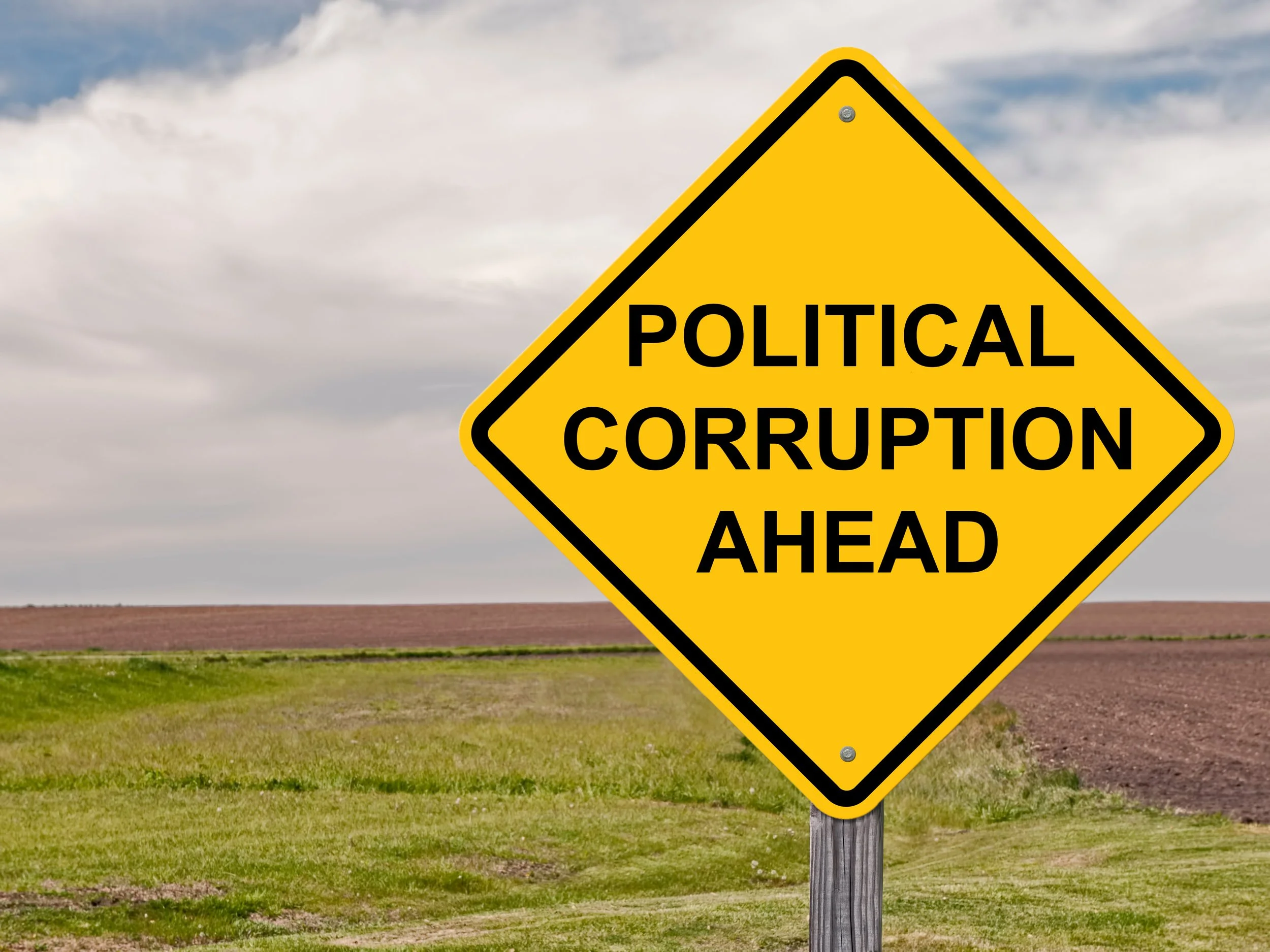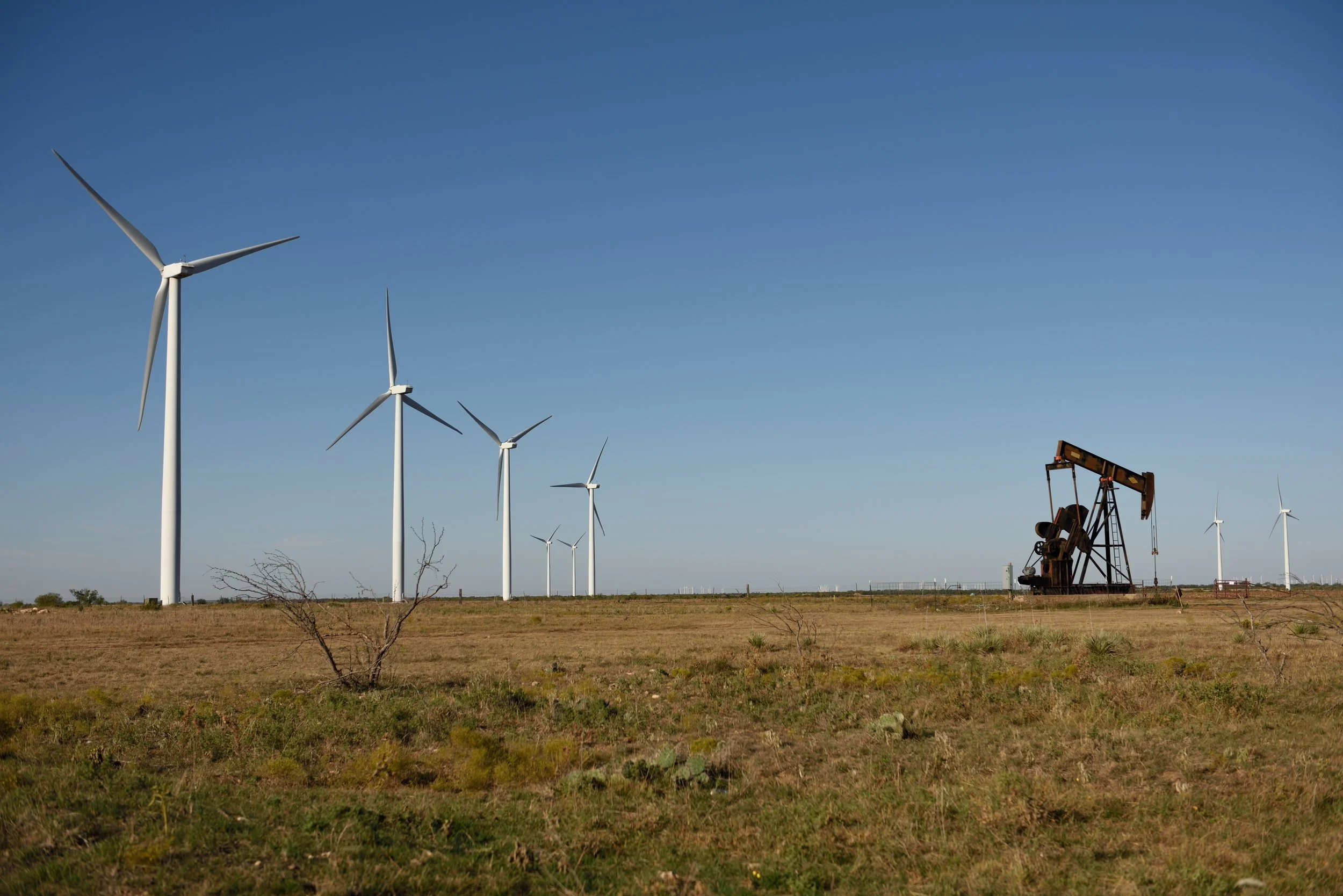The Energy and Policy Institute reports Ohio lawmakers have introduced a bill that would make it illegal for utilities to charge their customers for political activities.
The bill would introduce new transparency requirements to prevent utilities from secretly spending ratepayers’ funds on politics. The proposal comes after a wide-ranging bribery scandal that saw FirstEnergy spend $60 million in dark money and led to the conviction of the state’s speaker of the House earlier this year.
Senate Bill 149 is the latest in a growing trend of efforts around the country to protect customers from footing the bill for their utilities’ political influence activities. Like the Ohio bill, Colorado, Connecticut, and Maine all passed laws this year which prohibit utilities from charging customers for lobbying, trade association memberships, charitable contributions, advertising, and campaign contributions.























